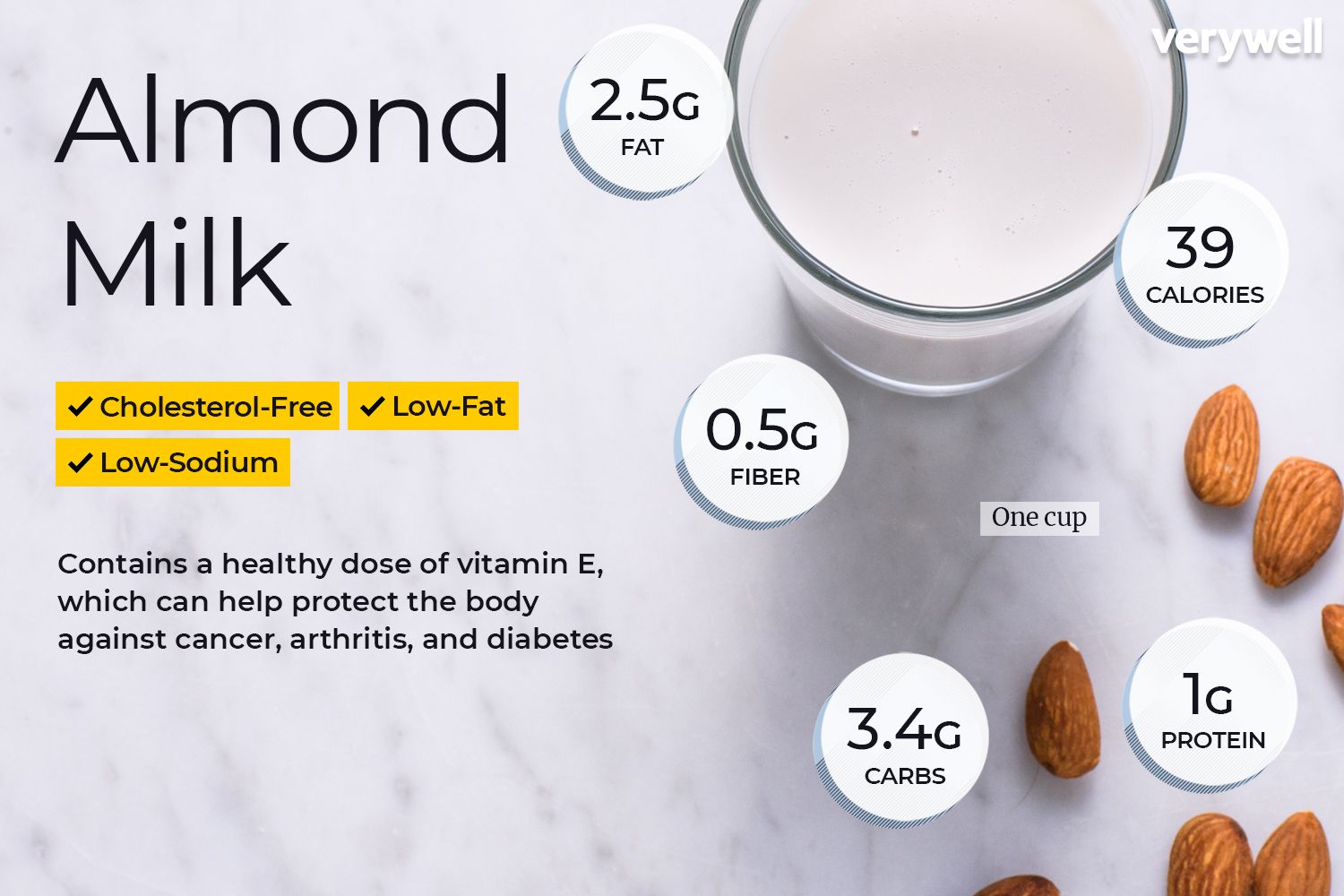Almond milk has surged in popularity over the last decade, becoming a staple in health-conscious households worldwide. This plant-based alternative to traditional dairy offers a rich profile of nutrients and benefits that cater to a variety of dietary needs. From its humble beginnings as a niche health food item to its current status as a mainstream choice, milk continues to impress with its versatility and health benefits.
The Rise of Almond Milk in Modern Diets

As more individuals seek lactose-free, dairy-free, and plant-based dietary options, milk stands out as a preferred choice. Its mild, nutty flavor and creamy texture make it an excellent substitute in recipes, coffee, and cereal. The health benefits of milk, combined with its environmental perks, have propelled it to the forefront of the alternative milk market.
Nutritional Profile of Almond Milk
Almond milk is celebrated not only for what it contains but also for what it lacks. It is naturally lactose-free, making it a great option for those with lactose intolerance. Additionally, it is low in calories and contains no cholesterol, which is beneficial for heart health. However, the true value of almond milk comes from its rich array of nutrients:
Essential Nutrients in Almond Milk
- Vitamins and Minerals: Almond milk is a good source of vitamin E, an antioxidant that protects the skin and enhances immune health. Many brands fortify their almond milk with calcium and vitamin D, which are crucial for bone health.
- Healthy Fats: Although lower in fat than cow’s milk, milk contains healthy fats that can help maintain healthy cholesterol levels.
Almond Milk and Heart Health
Studies suggest that the inclusion of milk in the diet can have a positive impact on heart health. The monounsaturated fats found in almonds are known to reduce levels of bad cholesterol (LDL) and can help to prevent high blood pressure.
Almond Milk for Weight Management
Almond milk is a boon for weight management strategies. Its low caloric content, especially in the unsweetened varieties, makes it a suitable choice for those looking to reduce their caloric intake without sacrificing nutrition or taste.
Dairy-Free Benefits of Almond Milk

For individuals with dairy allergies or lactose intolerance, milk offers a significant benefit. It provides a dairy-free way to enjoy a milk-like product without the gastrointestinal discomfort often associated with dairy milk.
Environmental Impact of Almond Milk
While milk is an environmentally friendly option compared to dairy milk, it is not without its challenges. Almond cultivation is water-intensive, which has sparked discussions about the sustainability of almond farming. However, when compared to the resources required for dairy farming, milk still emerges as a more eco-friendly option.
Using Almond Milk in the Kitchen
Almond milk’s versatility in culinary applications is one of its standout features. It can be used in baking, smoothies, sauces, and dressings. Its ability to mimic the properties of dairy milk makes it an invaluable ingredient for vegan and non-dairy recipes.
Recipes Featuring Almond Milk
- Smoothies: Blend almond milk with fruits, vegetables, and protein powders for a nutritious smoothie.
- Baking: Substitute almond milk for dairy milk in cakes, muffins, and bread for a lighter, dairy-free version.
- Savory Dishes: Use almond milk in creamy sauces and soups, adding richness without the dairy.
Almond Milk for Different Lifestyles
Almond milk’s appeal stretches across various dietary needs and lifestyles. It is a staple in vegan diets, providing a plant-based alternative to animal-derived milk. For those managing diabetes, unsweetened milk offers a low-sugar option that fits well within dietary guidelines.
Future Trends in Almond Milk Consumption

As technology and farming methods continue to evolve, the production of almond milk is expected to become more sustainable and environmentally friendly. Innovations in almond cultivation aim to reduce water usage and enhance the overall sustainability of this crop.
Conclusion: The Lasting Impact of Almond Milk
Almond milk continues to transform the landscape of dietary wd bos choices with its nutrient-packed profile and health benefits. As consumers become more health-conscious and environmentally aware, milk stands poised to maintain its popularity. Whether used in a morning cup of coffee, a smoothie, or a baking recipe, milk proves to be a versatile and healthy addition to any diet. Its continued evolution in the marketplace reflects the growing demand for healthier, sustainable food choices that do not compromise on taste or nutrition.
